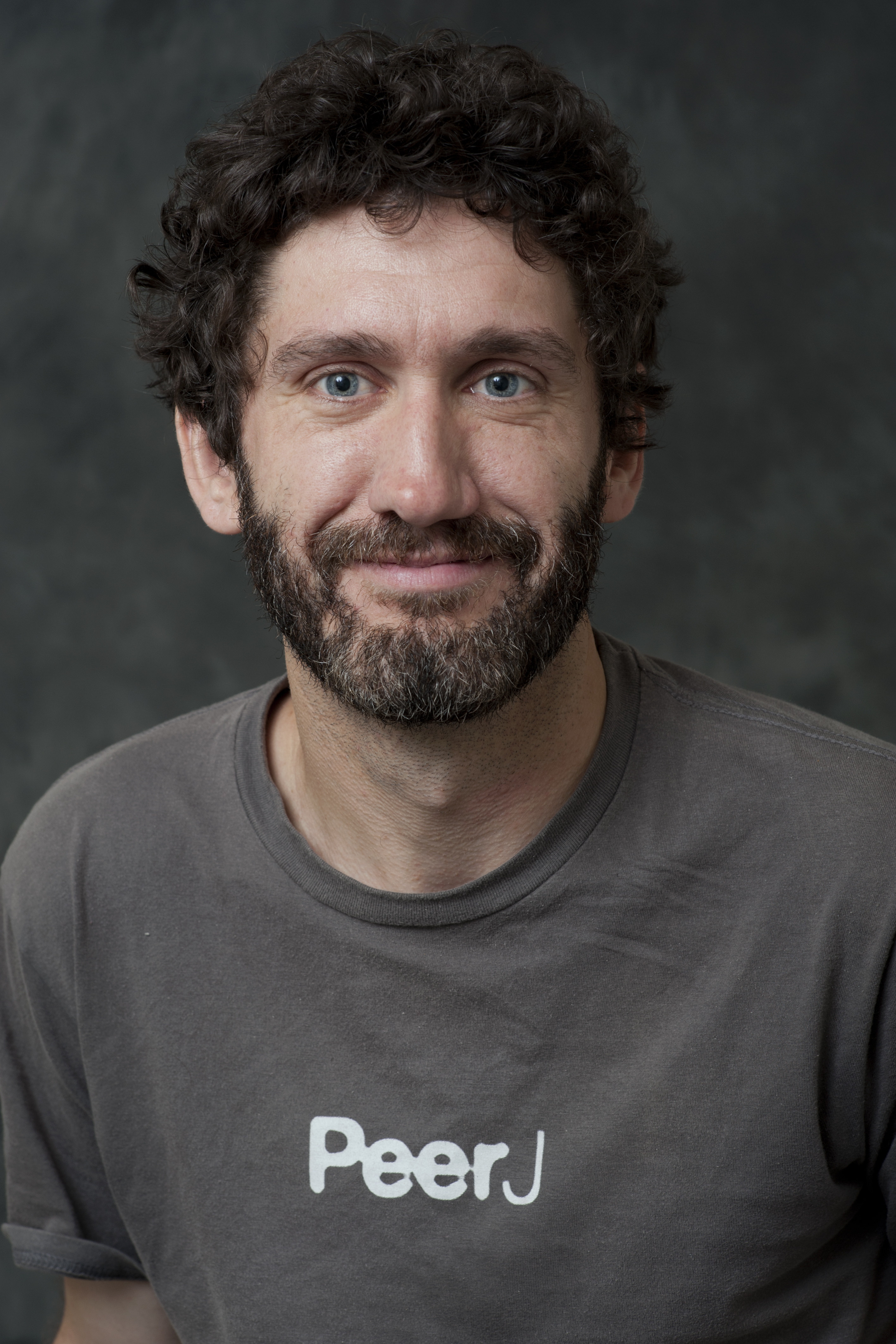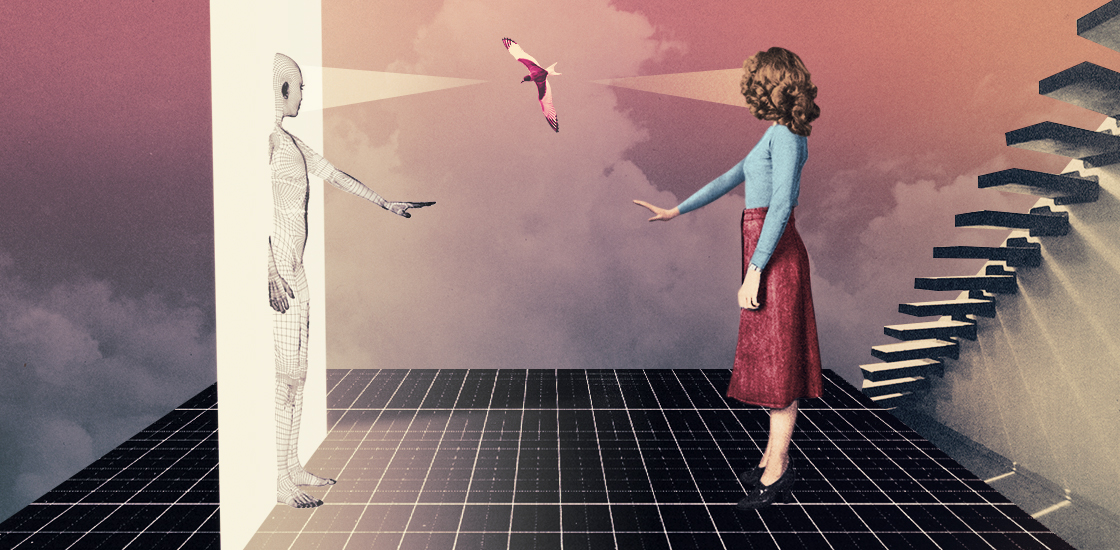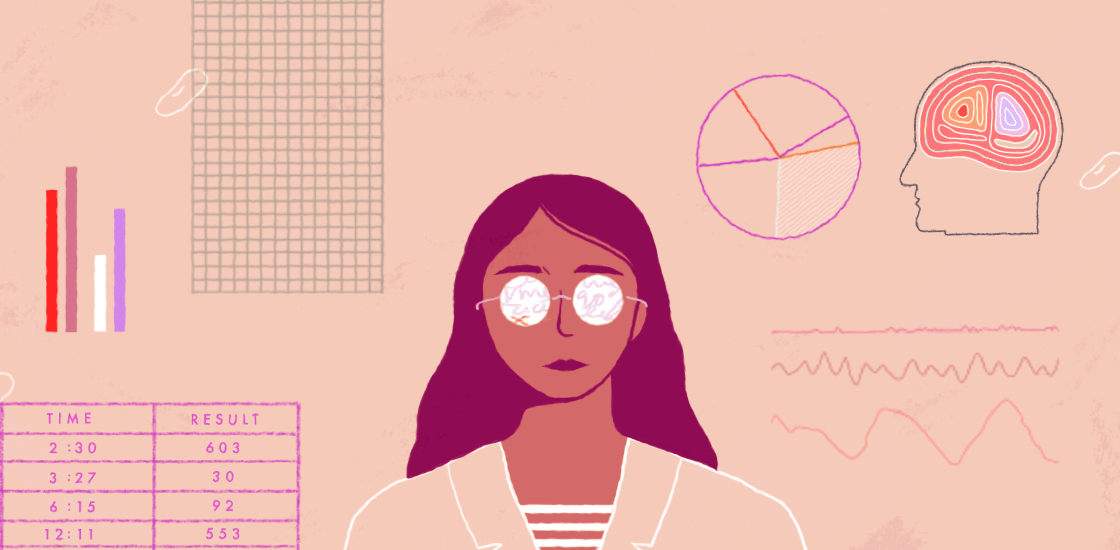Jon Brock is a former autism researcher who is now a science writer, medical grant writer and co-founder of Frankl Open Science.

Jon Brock
Research fellow
Macquarie University
From this contributor
Virtual reality yields clues to social difficulties in autism
Assessing social ability in adults with autism requires controlled tests involving real-time social interactions. Virtual reality makes this possible.

Virtual reality yields clues to social difficulties in autism
Quest for autism biomarkers faces steep statistical challenges
Finding a difference between people with and without autism is only the first step toward identifying a clinically useful marker of the condition.
The elusive essence of autism
Researchers must make heterogeneity in autism the object of their investigation, rather than treating it as an excuse for inconsistent results or an inconvenience in their quest to understand the disorder’s essence, argues Jon Brock.
Registered reports
The more researchers poke around, the more likely they are to find a significant effect — and the more likely that the effect they end up reporting is just a fluke. A new kind of journal article, the 'registered report,' may address this problem, says Jon Brock.
Six questions for connectivity theory research
'Underconnectivity' is considered one of the best-supported theories for the neural basis of autism. But many questions remain unanswered, says Jon Brock.
Explore more from The Transmitter
Two primate centers drop ‘primate’ from their name
The Washington and Tulane National Biomedical Research Centers—formerly called National Primate Research Centers—say they made the change to better reflect the breadth of research performed at the centers.

Two primate centers drop ‘primate’ from their name
The Washington and Tulane National Biomedical Research Centers—formerly called National Primate Research Centers—say they made the change to better reflect the breadth of research performed at the centers.
Post-infection immune conflict alters fetal development in some male mice
The immune-conflict between dam and fetus could help explain sex differences in neurodevelopmental conditions.

Post-infection immune conflict alters fetal development in some male mice
The immune-conflict between dam and fetus could help explain sex differences in neurodevelopmental conditions.
Three ecological psychologists on the right and wrong ways to use the field’s principles in neuroscience
Matthieu de Wit, Luis H. Favela and Vicente Raja weigh in on the recent trend of neuroscientists importing concepts from ecological psychology, the study of how an organism’s interactions with its environment explain perception and action.
Three ecological psychologists on the right and wrong ways to use the field’s principles in neuroscience
Matthieu de Wit, Luis H. Favela and Vicente Raja weigh in on the recent trend of neuroscientists importing concepts from ecological psychology, the study of how an organism’s interactions with its environment explain perception and action.

